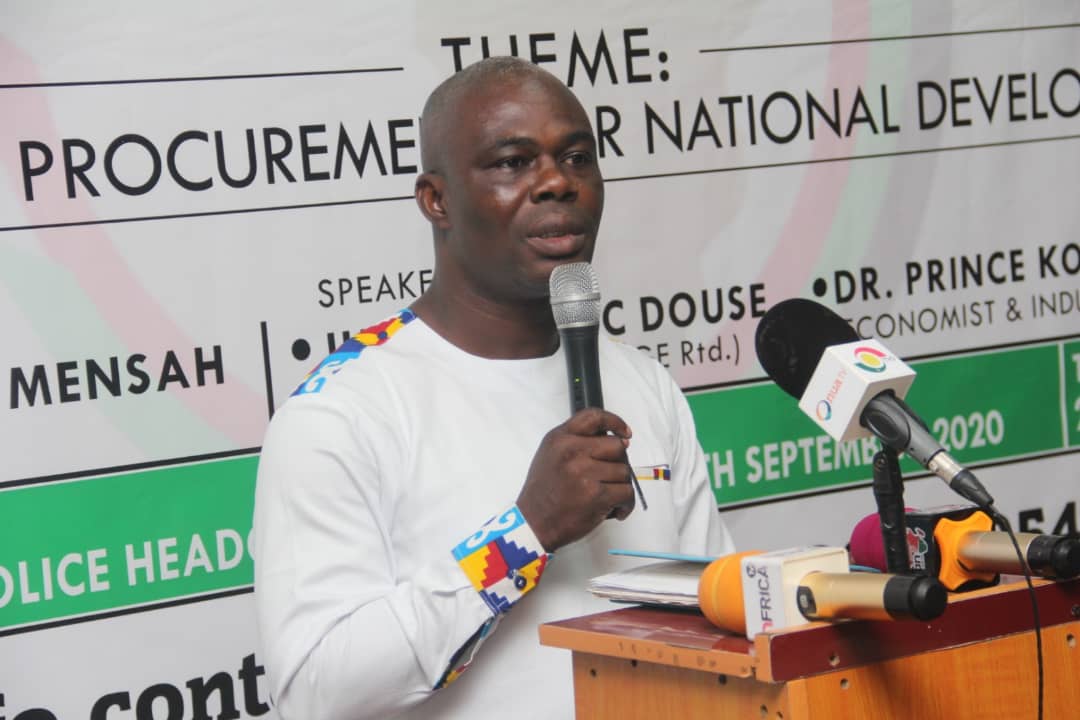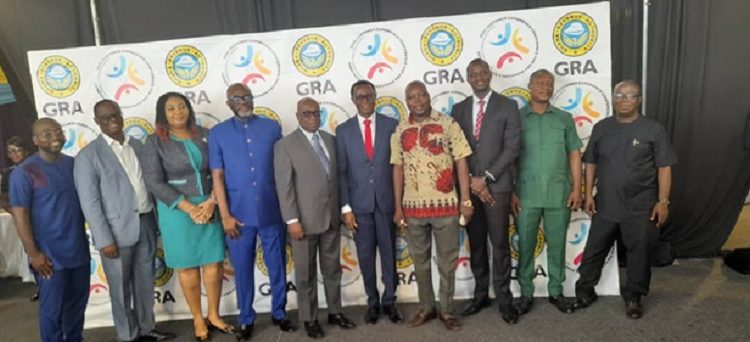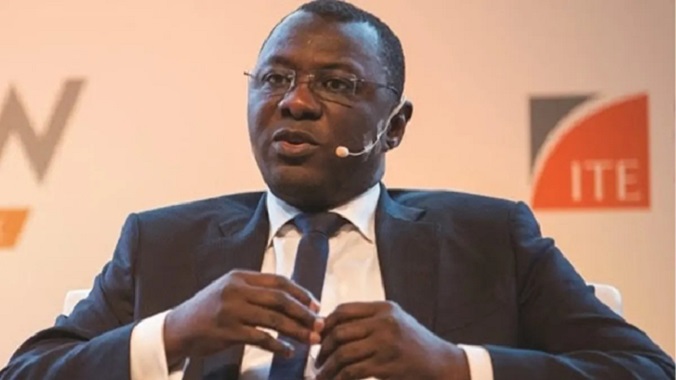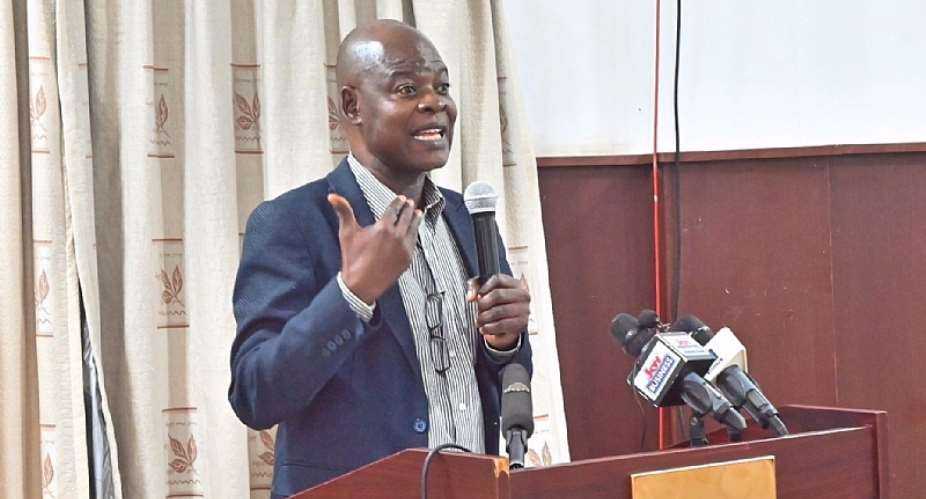
A GEOSCIENTIST at the University of Mines and Technology (UMaT), Tarkwa, in the Western Region, Professor Anthony Ewusi, has warned that the increasing threat to groundwater due to illegal mining is a huge risk to Ghana’s water potentials.
To address these threats, he advocated the establishment of comprehensive groundwater monitoring systems to track quality trends, detect contamination early and guide remediation actions such as
treatment ponds and advanced filtration.
Ghana, he stressed, faces serious groundwater pollution threats, particularly from mining activities which compromised water quality and public health.
“Groundwater, the invisible treasure beneath our feet, is an indispensable but often overlooked resource that supports drinking water supply, agriculture, industry and ecosystems. This country is facing a high water stress and we need to do something about it,” the water expert added.
Prof. Ewusi, also a Dean, International Programmes UMaT, gave the grim picture on Ghana’s water space when he delivered the 12th UMaT professorial inaugural lecture on the topic “Protecting the Invisible Hidden Treasure Beneath Our Feet”, on Thursday.
Groundwater, he noted, was a vital resource, however, as threats from both human activities and natural contaminants increased, it was important that its quality was monitored, assessed and adequately protection.
Furthermore, Prof. Ewusi pointed out that, “The United Kingdom and Germany had illustrated this practices and given Ghana a legitimate cause to worry, especially with the upsurge of illegal small-scale mining which is gradually depleting our water resources. Also deterioration of groundwater quality may directly affect other related aquatic and terrestrial ecosystems.”
The “hidden” character of groundwater, he added, made it difficult to locate and quantitatively appreciate pollution impacts, resulting in a lack of awareness or evidence regarding the extent of risks.
Again, since groundwater moved slowly through the subsurface, the impact of human activities may last for a relatively long time, which means that, pollution that occurred some decades ago may still be threatening groundwater quality today and might continue for several generations, the expert stated.
Most people in Ghana, Prof. Ewusi stated, did not even know that anything you do to surface water bodies manifested in groundwater.
Harping on the risks in Ghana, he spoke about conditions of Rivers like Bonsa and Ankobra, which were relatively in good condition in 2017, but had dramatically change by 10 fold in 2023, with conditions deteriorating.
River Bonsa for example, he mentioned, experienced acid mine drains with pollution of mercury destroying lands and groundwater systems.
“While the surface water is polluted, it gets close to the groundwater. Naturally, what we are experiencing now is getting to the people who are living close to the area,” Prof. Ewusi elaborated.
Moreover, he continued “The current trajectory of pollution and unregulated land use, particularly in vulnerable zones, presents serious risks to public health and water security. We need to implement integrated water resource management plans, develop groundwater management strategies, and complying with water regulations.”
During droughts, groundwater, the geoscientists explained, becomes an essential buffer when surface water sources dwindled, but added that, quality of the “hidden reservoir” was increasingly threatened by illegal small-scale mining (galamsey) and natural contamination processes.
According to Prof. Ewusi, risk assessments confirm potential health hazards from both cancer and non-cancer substances in water and food, underscoring the importance of monitoring and integrated management frameworks.
FROM CLEMENT ADZEI BOYE, TARKWA
???? Follow Ghanaian Times WhatsApp Channel today. https://whatsapp.com/channel/0029VbAjG7g3gvWajUAEX12Q
???? Trusted News. Real Stories. Anytime, Anywhere.
? Join our WhatsApp Channel now! https://whatsapp.com/channel/0029VbAjG7g3gvWajUAEX12Q

The post Prof. Ewusi advocates groundwater monitoring systems to track quality trends appeared first on Ghanaian Times.
Read Full Story














Facebook
Twitter
Pinterest
Instagram
Google+
YouTube
LinkedIn
RSS